Talking Ghost Recon, Assassin's Creed, and Xbox Scorpio plans with Ubisoft's Xavier Poix
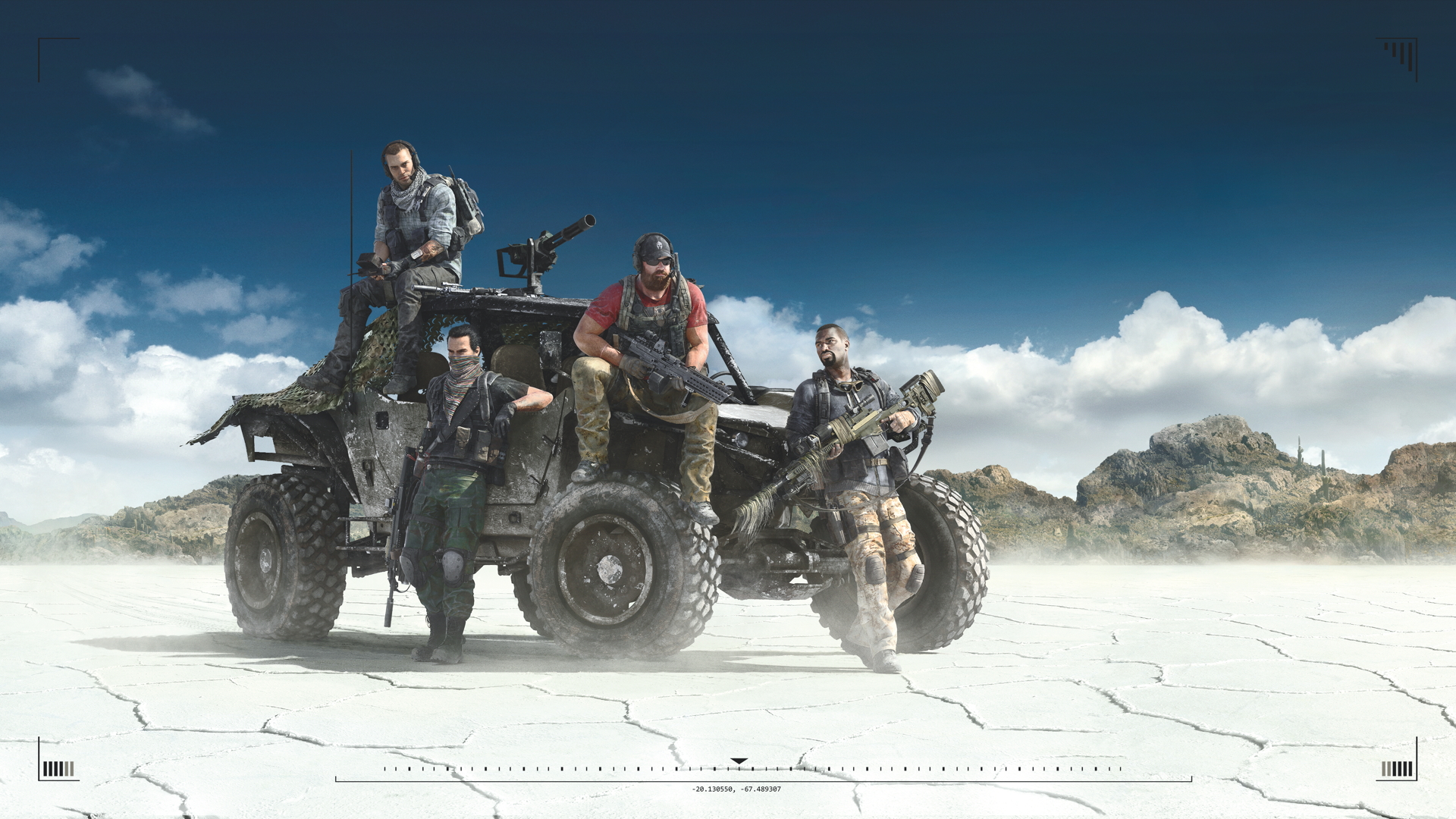
Five brothers founded Ubi Soft Entertainment Software in a small town in Brittany in 1986. A modest beginning for a company that’s now a household name. Today, the company (now called Ubisoft) employs thousands of people across the globe, and its gargantuan workforce produces some of the biggest franchises in gaming. These are games that have come to define action-adventure open-worlds; games like Assassin’s Creed and Ghost Recon.
Despite its massive reach, however, Ubisoft still retains a significant French presence, and these studios are home to some of the company’s most celebrated creatives. To find out more, we sat down with Xavier Poix, the man responsible for managing Ubisoft’s entire French operation.
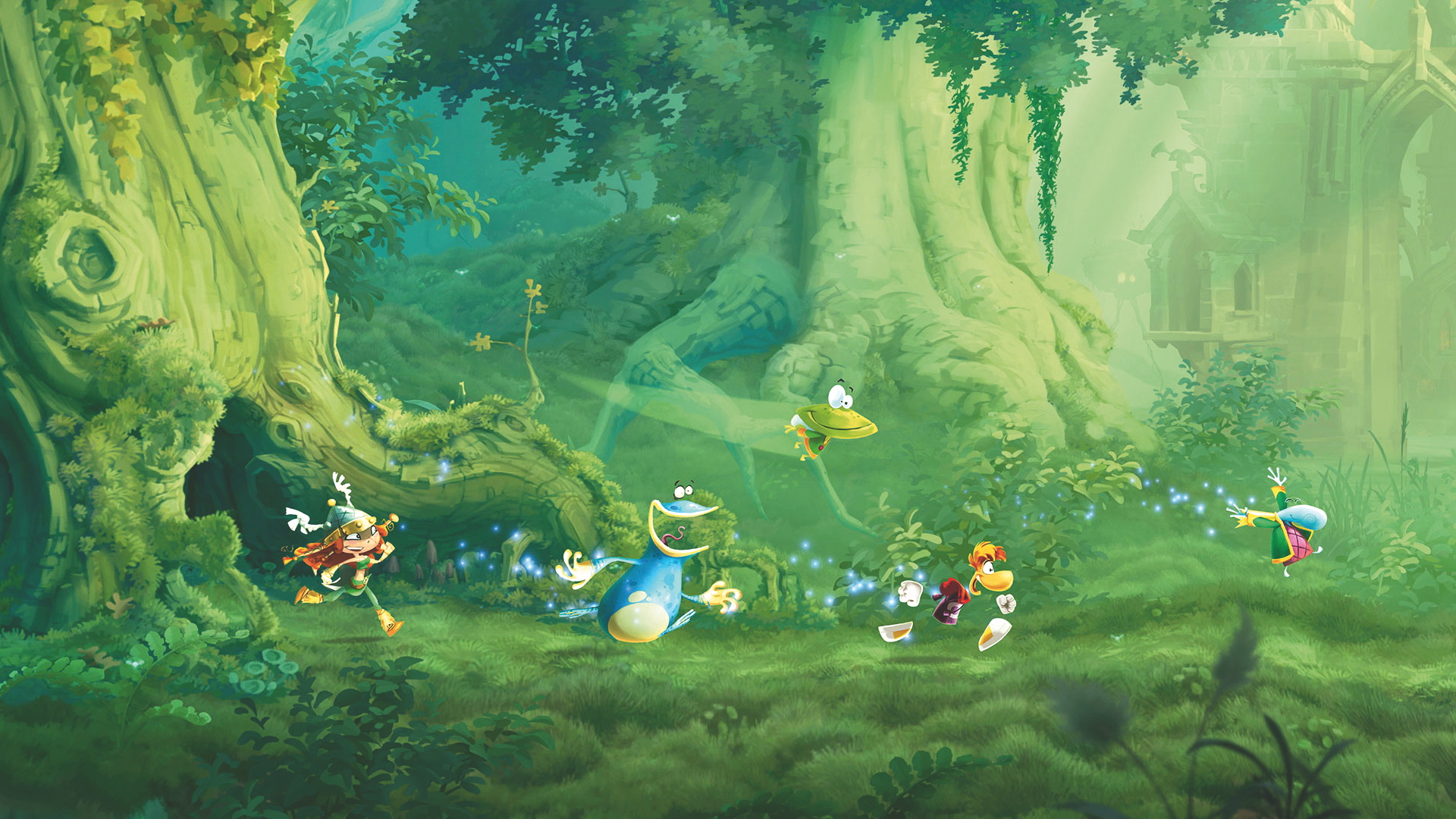
OXM: How would you describe your role and responsibilities within Ubisoft?
Xavier Poix: I’m the head of Ubisoft’s French studios which are based in Paris, Montpellier and Annecy. I’m actually overseeing every project that we’re creating here on a production, design and creative perspective. So, I manage the great talents that we have here, the creators of brands and the developers of big and good games, I hope!
OXM: So, how many people does that encompass?
XP: It’s more than 900 people in France. We have around 500 in Paris which is the main studio, overseeing Ghost Recon, Just Dance, Rabbids and some other titles. The Annecy studio is close to 200 people, and right now it’s overseeing Steep and working on The Division as well. And the Montpellier studio – which is well known for the creation of IPs such as Rabbids and Rayman in the past – is working on multiple products right now. One of them is Ghost Recon as well, and this studio is around 250 people.

OXM: Right, so that’s loads of people, obviously.
Sign up to the GamesRadar+ Newsletter
Weekly digests, tales from the communities you love, and more
XP: Yes, it is!
OXM: So, how do you collaborate across multiple studios, directing the efforts of hundreds and hundreds of people? and indeed with input from around the world as well?
XP: Yeah, so the collaboration between studios is a big topic and it’s something that at the Ubisoft level we really wanted to nail, because we think it’s true that with the convergence of different expertise we can really achieve big results. So when it comes to managing all the studios in France, and in the case of Ghost Recon for instance, we have all this expertise divided between the three studios. The Paris studio is lead on the game, on the design parts; Annecy’s role is more on the online features of the game; while Montpellier is helping on the main game, especially on the tech side which is vital to create a big open-world.
And we also get the help of other studios, such as Reflections in the UK, and we have a big partnership with Bucharest that lasts for ages, so we know how to work together. We also had a collaboration with Milan, a studio in Italy, that brought some help to the game as well.
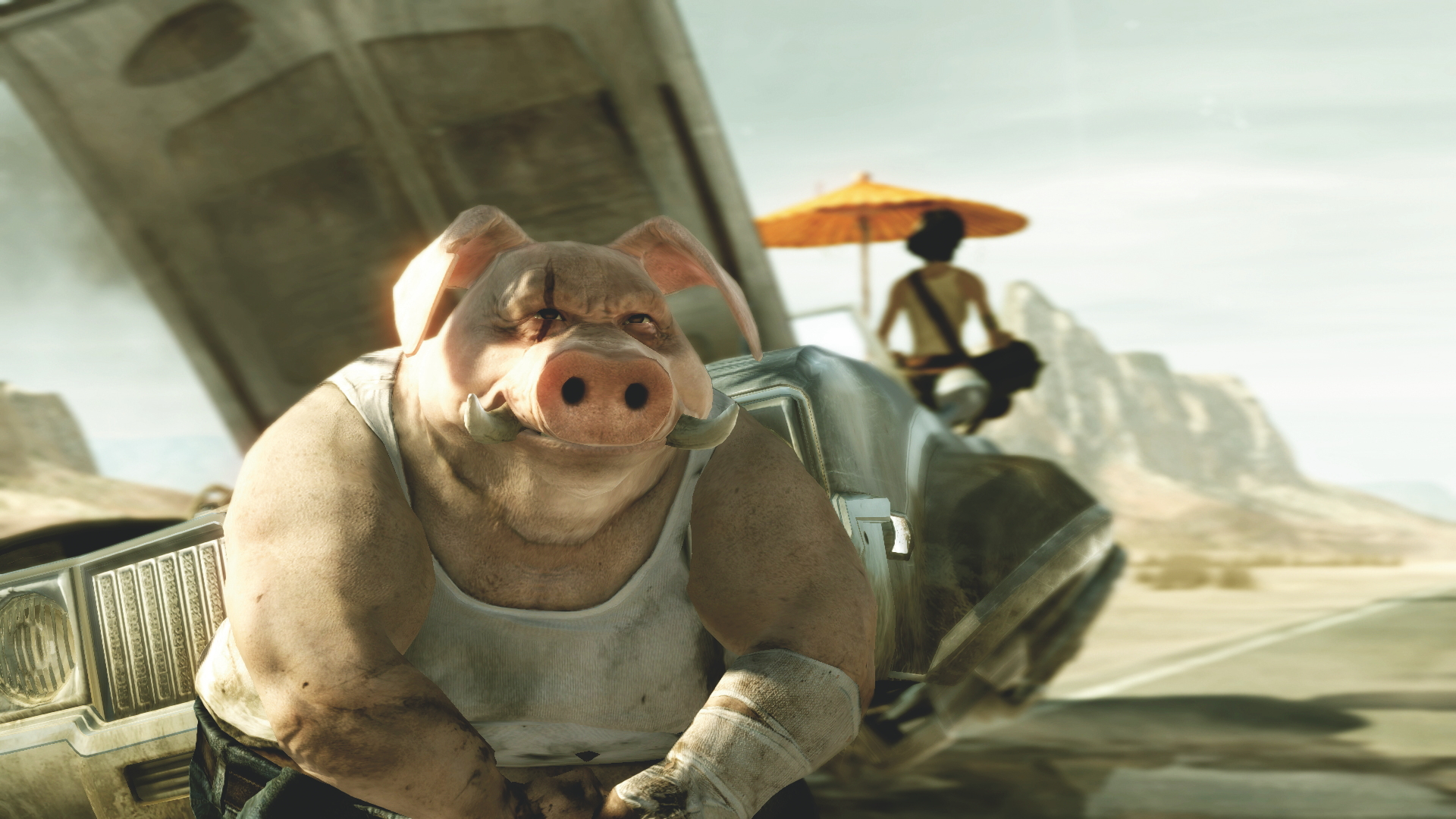
OXM: Is it challenging to marshall all these people in different timezones and different parts of the world? It must be difficult to manage co-workers who are collaborating without ever meeting face-to-face.
XP: Yeah, I would be lying if I said it wasn’t. No, of course it’s a big challenge, but it also brings a lot of strengths and advantages because I think we need this amount of people to create those great games in the time that we have. If those people would have been in the same place it would have been very challenging as well.
Because you know, even communication from one floor to the other is hard, and sometimes the fact that I know you’re working far away means I will be more creative in the way that I communicate and know communication is key. You can often forget that when people are close to you. So it forces us to be very communicative, but in the way we create this organisation we also know what works and what doesn’t work. So, for instance, we’ve learned from past experience that whatever mandate we give to another team needs to have a certain amount of autonomy. We need to make sure people can feel owners of this mandate. So that’s something that we have learnt in the past, and now I think we are quite efficient on this.
Even, of course, if it’s in a big group of people you need to make sure that communication is fluid, that people understand when choices are made. And we are creating video games, and you know video games come with a lot of iteration on the design itself, on the way we produce, so of course we need to communicate on that.
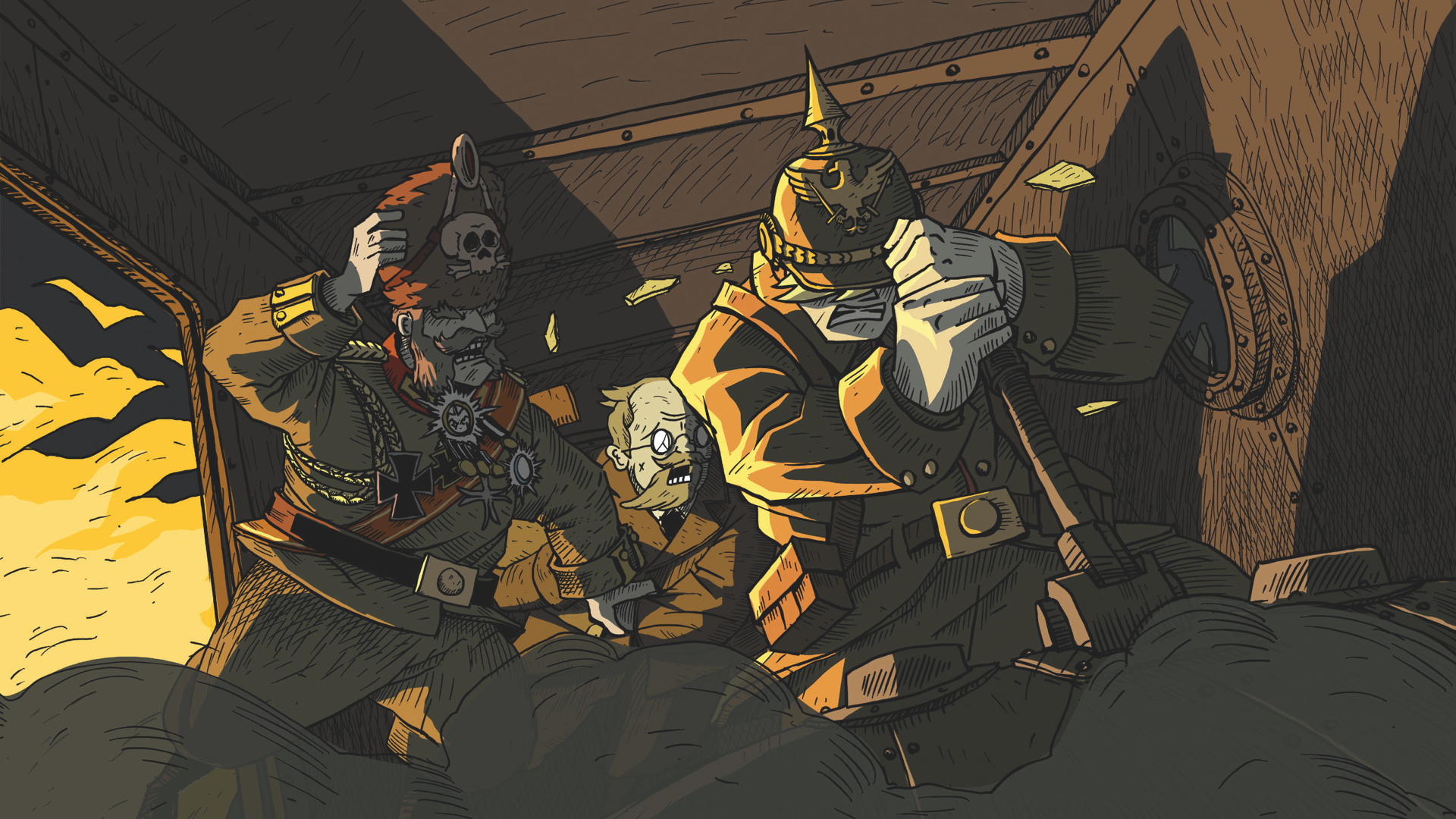
OXM: Across the thousands of people that work for Ubisoft around the world, would you say there’s a philosophy that drives the company? is there a Ubisoft way of doing things that’s maybe different to the way other companies might do things?
XP: I guess there are things that we are looking into in games that potentially other publishers don’t. We really want to, at some point, enrich people’s lives through our games, so we are trying to find this thing that will be unique to a game: it can be the history, as in Assassin’s Creed for instance, it can be the emotion we give when we are creating the Rabbids for humour for instance, or – I was mentioning Valiant Hearts, which takes place in the first World War. We dealt with emotion, with sadness. So I guess we are trying to put something into our games that people will remember.
But in the way that we process and the way we produce, I guess even in our studios, things can be different from one game to another. I think for every game, there is one team, and for every team there is one way of doing that is better than another one. Some games and some organisations are very organic, people talk and there’s not much paper, and things that you visualise, some of us are really on the other side of the spectrum.
So there is no recipe – the good recipe is just to make sure that you know what you’re doing and what you’re aiming at. That’s the best you can do. And of course you have to have the player in mind. And I guess if there is one other thing to say that we’re focusing on at Ubisoft [it’s that] we have the player in mind. Even if we don’t succeed 100 per cent in each case this is something we work on a lot with playtests, in our beta tests, in the phases that we release into the community. We try our best to follow what they have in mind.
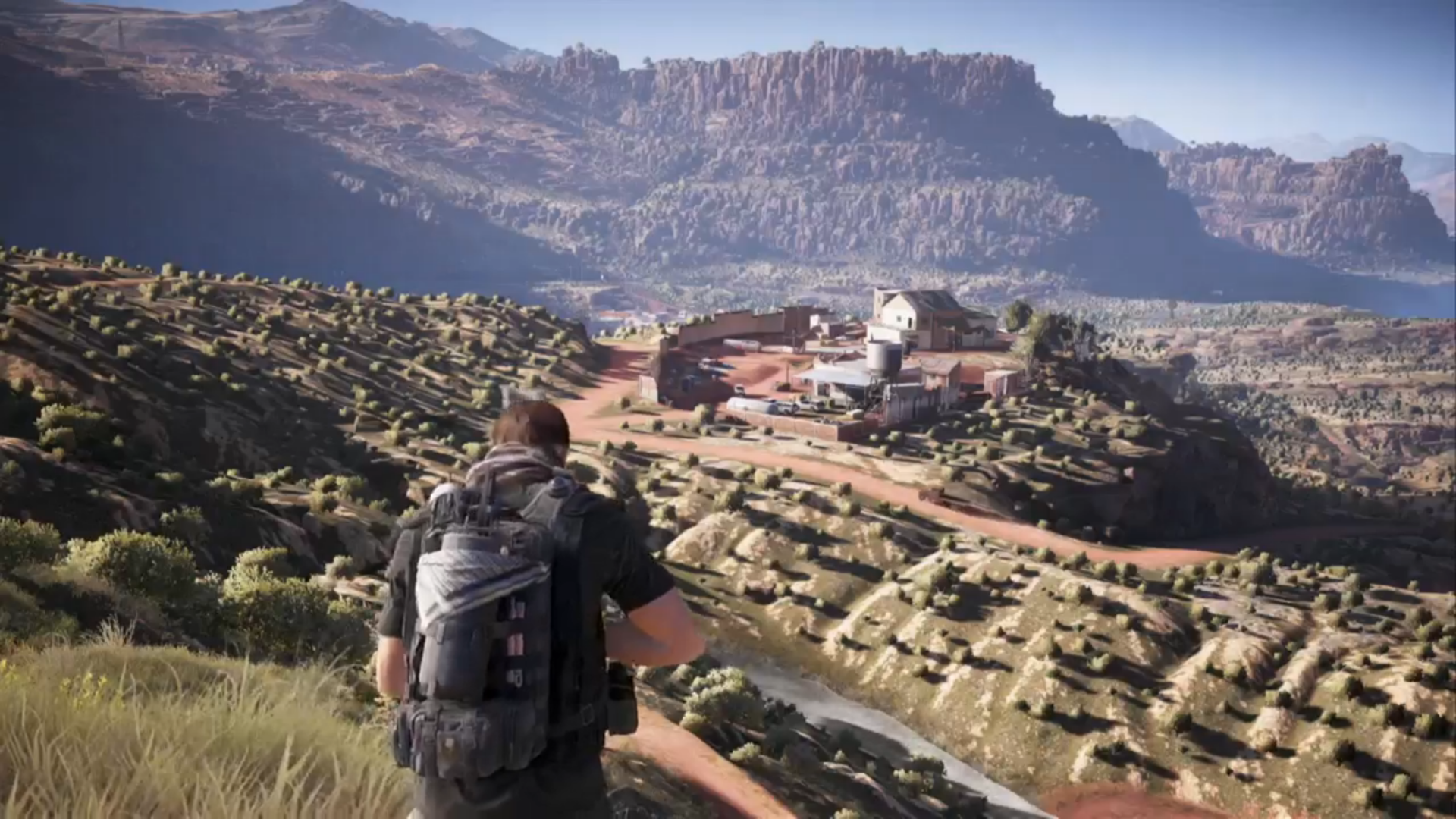
OXM: So touching on Ghost Recon Wildlands then. Obviously Ubisoft’s produced a fair few open-worlds over the years, so what’s special about Wildlands? What’s different about it compared to the Ubisoft open-worlds that we’ve seen before?
XP: I would say that this is the largest open-world, and the other differences come from this size. When you look at the size in terms of production, the way we’d produce it, the design has to fit this size, otherwise there is no point in doing such a large world.
So what we really want to push with this game, that comes with the size, is the freedom of choice. We say that if there’s one difference with the other games, it’s this one. The way that we have organised the game, you can really play it the way you want on the micro-level. So, how can I find a solution to this challenge for instance, using different ingredients.
And also on the macro size which is “do I prefer to do this part first, or do I go back-and-forth?” That’s a freedom we want to give to the player. I don’t know if you had the opportunity to play on the small technical test we did, but there was a feeling of that already with that technical test. We think we have achieved something, and that’s our main focus – freedom of choice for the player.
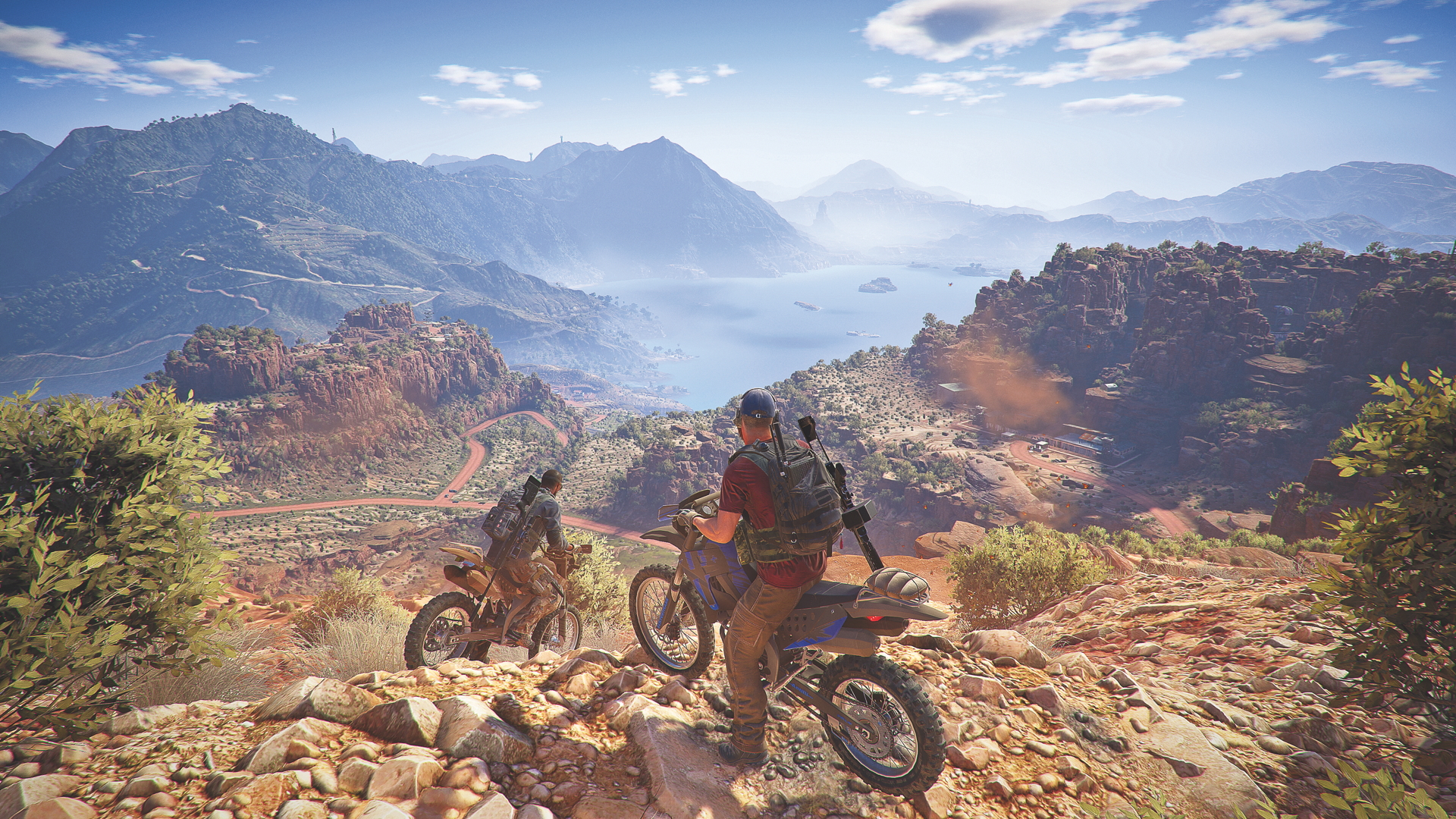
OXM: In recent months, Ubisoft has committed to enhancing some of its games for Playstation 4 Pro. Microsoft has its new console Project Scorpio launching later this year, so can we expect a similar level of enthusiasm and excitement and support from Ubisoft?
XP: Of course! And you know facts are – especially on Ghost Recon – I think the game that made this brand big again apart from the launch of the original game was Ghost Recon: Advanced Warfighter, which was on the Xbox 360, and at that time was considered a real next-gen title. So on every new platform we are very, very enthusiastic.
When it comes to power, then it comes to delivering more visual quality, more emotion, and on Ghost Recon we pay a lot of attention to the weather, on the different effects and we know it will be... I’m not saying because the Scorpio hasn’t revealed all these secrets yet, but for sure there will be a lot of stuff that we could have been dreaming of having when we launch.
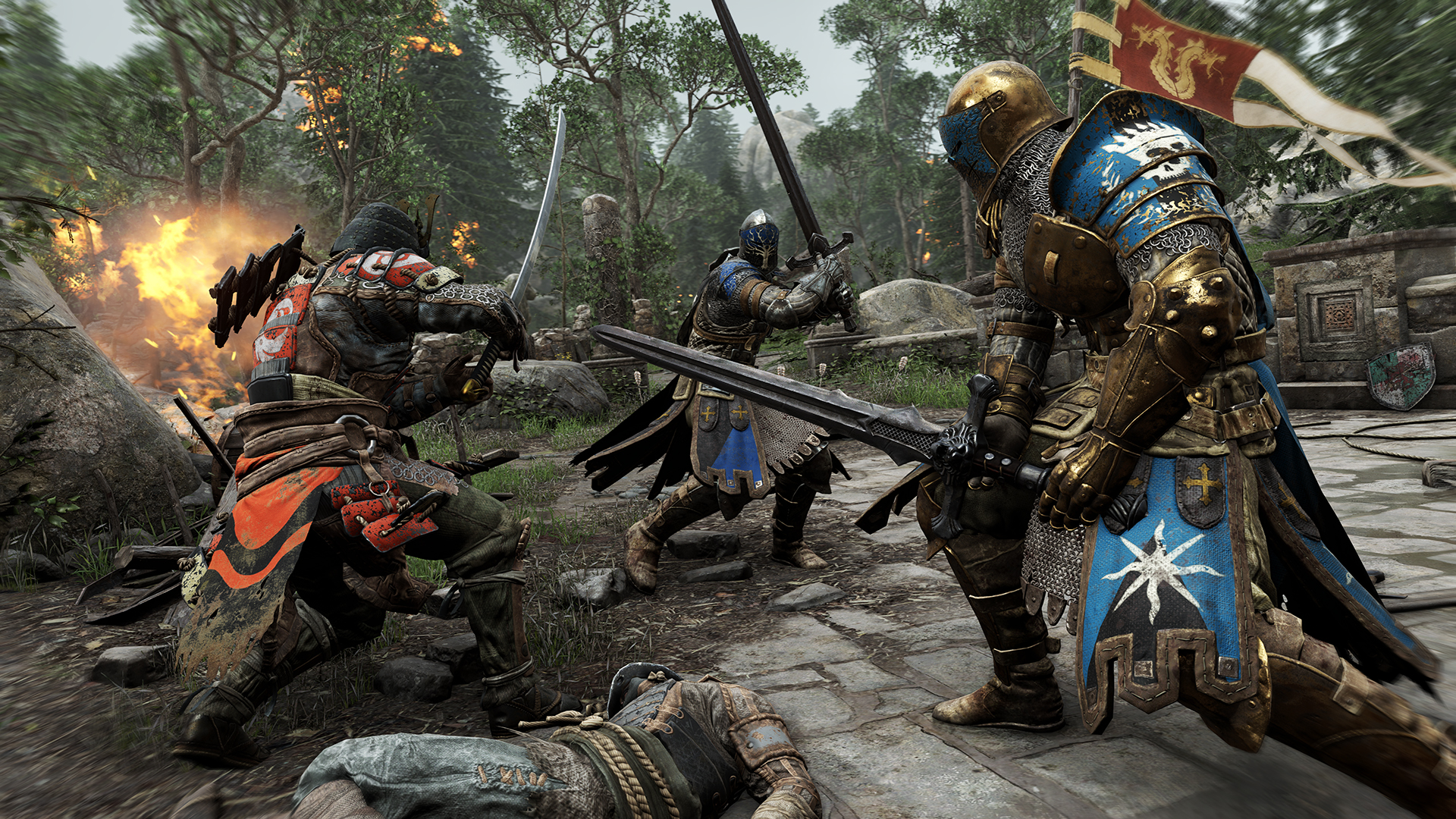
OXM: Ubisoft isn’t shy about gambling on new games – we’ve recently had Steep and For Honor. Do you feel that sometimes the games industry can be a bit conservative?
XP: I don’t want to judge the industry at that. I think you need to make choices and also investments, and you need to decide at one moment and the game will be released four years after that. You need to have that in mind, so you can’t revolutionise everything all of the time, and we don’t want that.
But it’s true that we made this bet four years ago to really go to these open-world, full of freedom kind of experiences, because we thought the seamless aspect of it could really bring a new way to play. That’s why it’s arrived at the same year. They were bold choices, but ones we were very happy to have made. But in the case of Steep, it’s the freshness of a new genre that existed in the past, but brought to another level that we want, bringing creativity to the players and having features that can enable that creativity – that you can draw a line and send it to somebody as a challenge, for instance.
We are trying to be the most creative we can, and it’s true that in the French studios it’s part of our DNA, when you look at everything that we have created from Valiant Hearts to Ghost Recon to The Rabbids, Just Dance [and] Zombi for instance, and other titles. We love to mix the creativity that we are capable of with the innovation that Microsoft brings, or its competitors. And that’s with this marriage of technology and creativity I think we can really create new experiences, and then new IPs potentially.
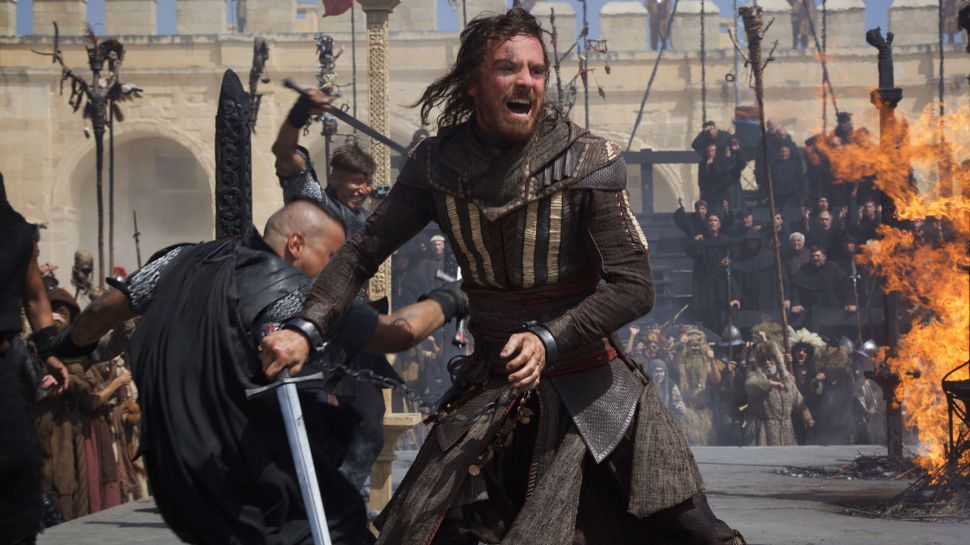
OXM: Lastly, I’d like to ask about Assassin’s Creed, which took a bit of a year off in 2016. Was that a deliberate decision to give the series a break and reconsider it a little? What was the thinking behind that?
XP: It was a real choice at a Ubisoft level, a choice because we could do it also, and we could do it because there are all those other games you mentioned: Steep, Ghost Recon Wildlands, For Honor, Watch Dogs 2. So all these games will be there. So this is a time when we could do it and it was a perfect year to give to the team the capability of bringing Assassin’s Creed to a new level. But I’m not in charge of it, I just say it to answer your question. But 2016 was definitely an Assassin’s Creed year, because we had the movie in December, so for sure it was also a way to focus on the movie.
This article originally appeared in Xbox: The Official Magazine. For more great Xbox coverage, you can subscribe here.
James has been writing about games for more than a decade, covering everything from glittering masterpieces to PlayStation Home. Over the years, he's contributed to the likes of OXM, OPM, and GamesMaster, though he occasionally finds time to write for publications that don't get closed down, too. And although he was once Managing Editor of Warhammer Community, he actually prefers knitwear to ceramite.



